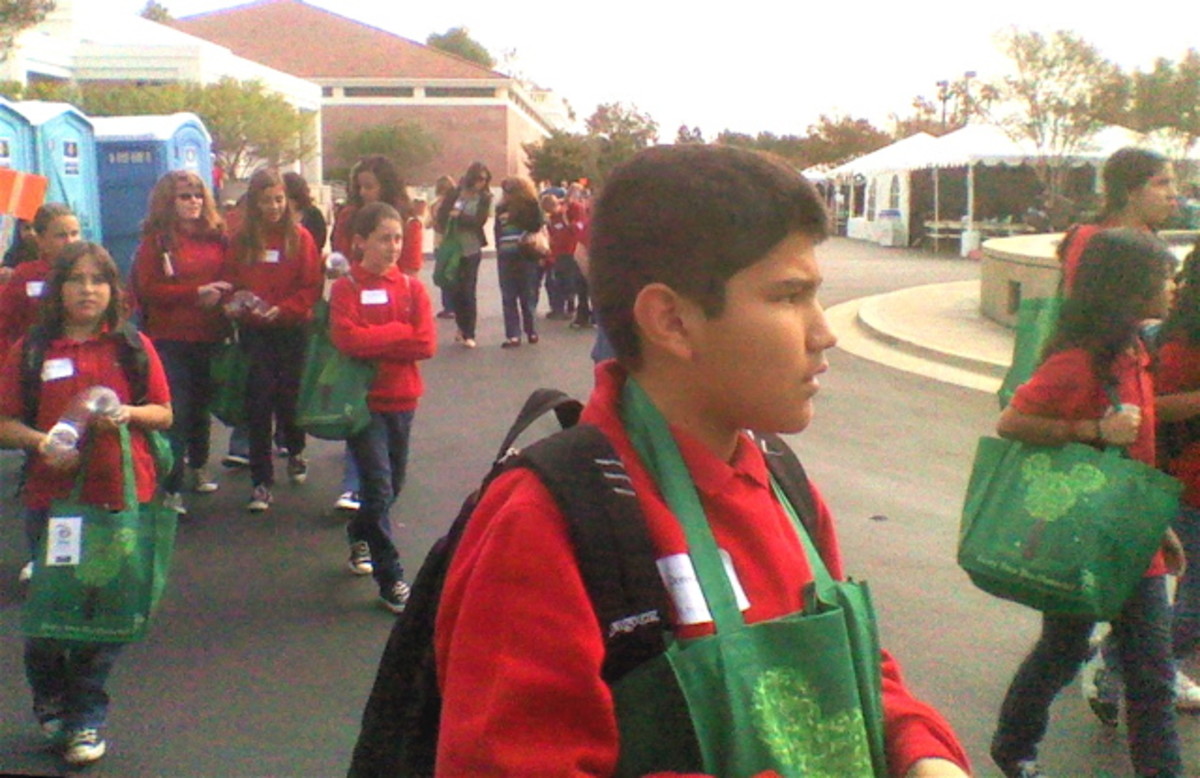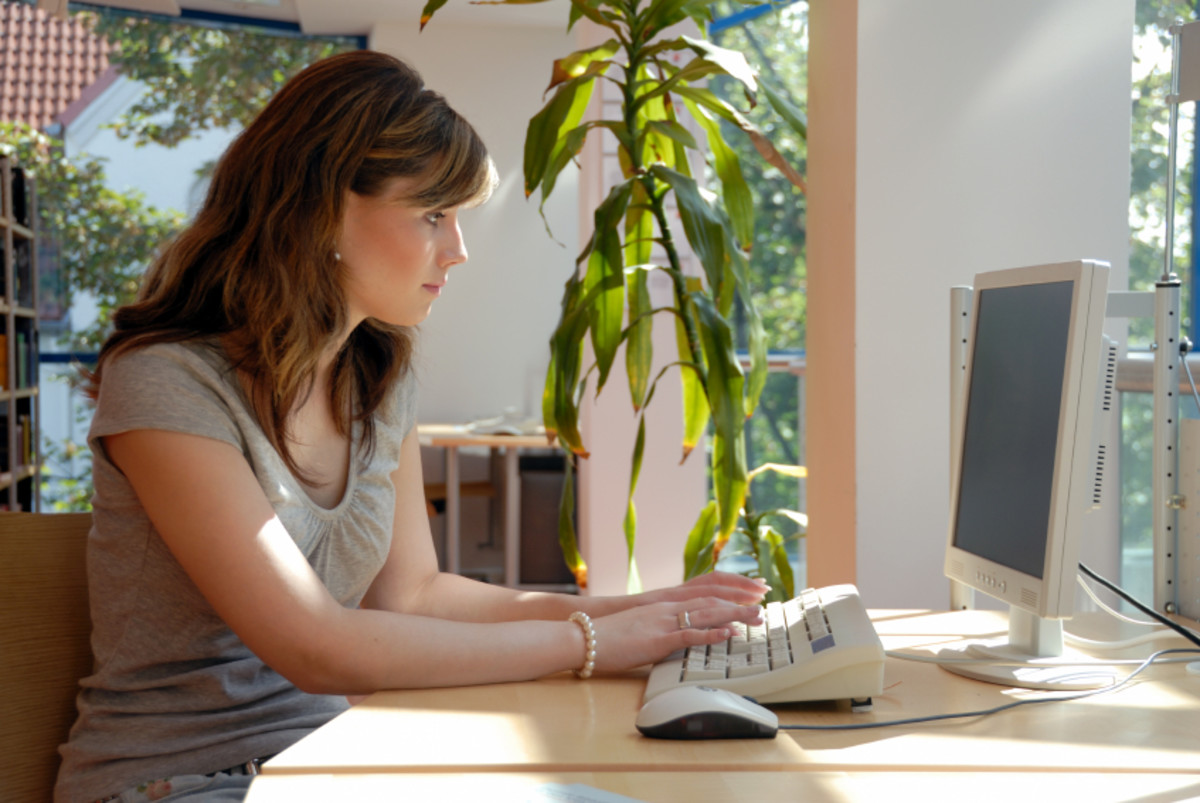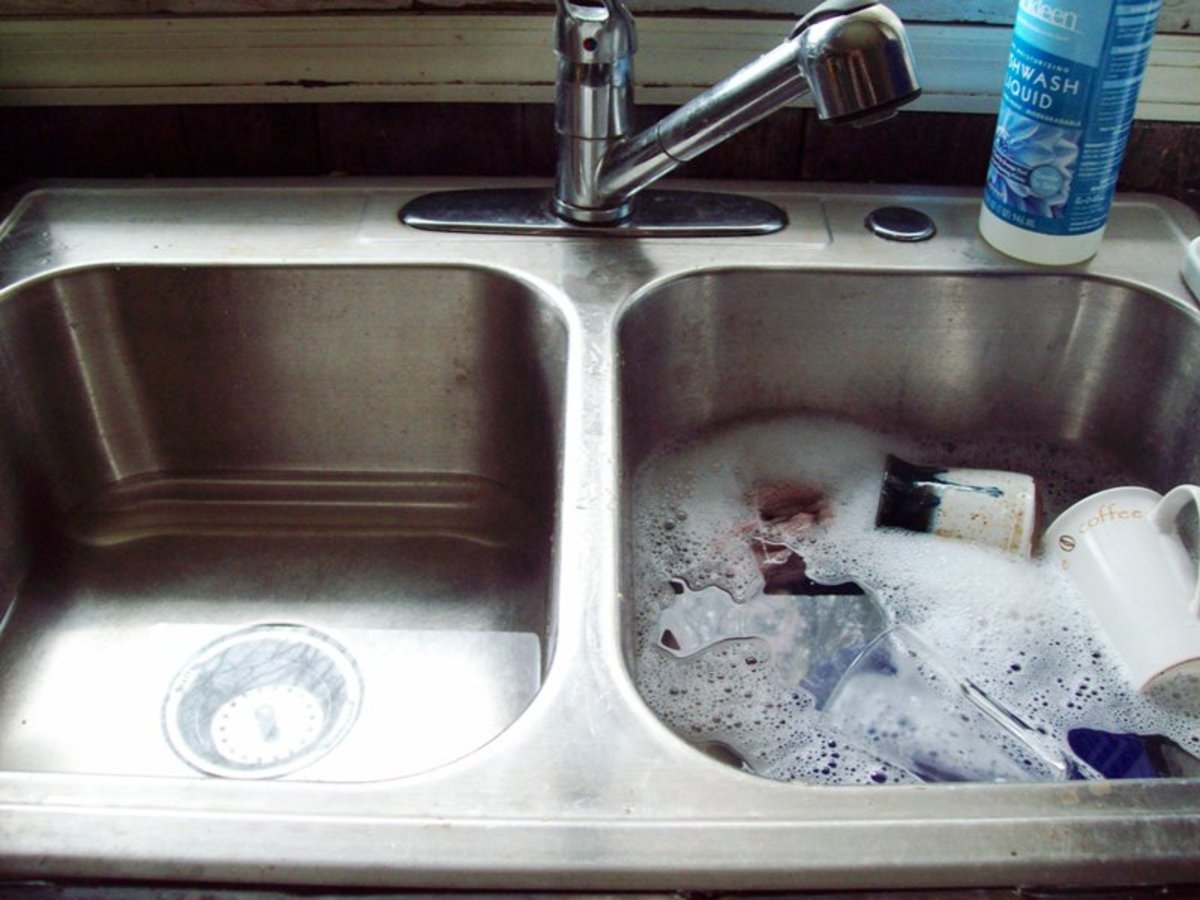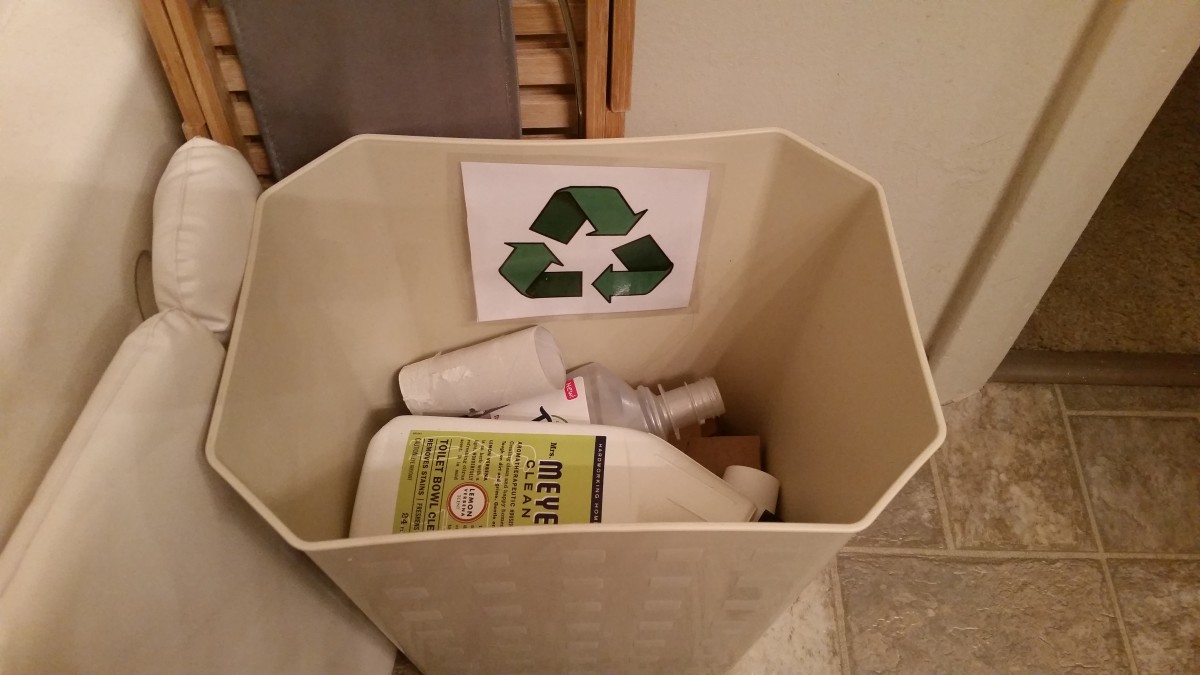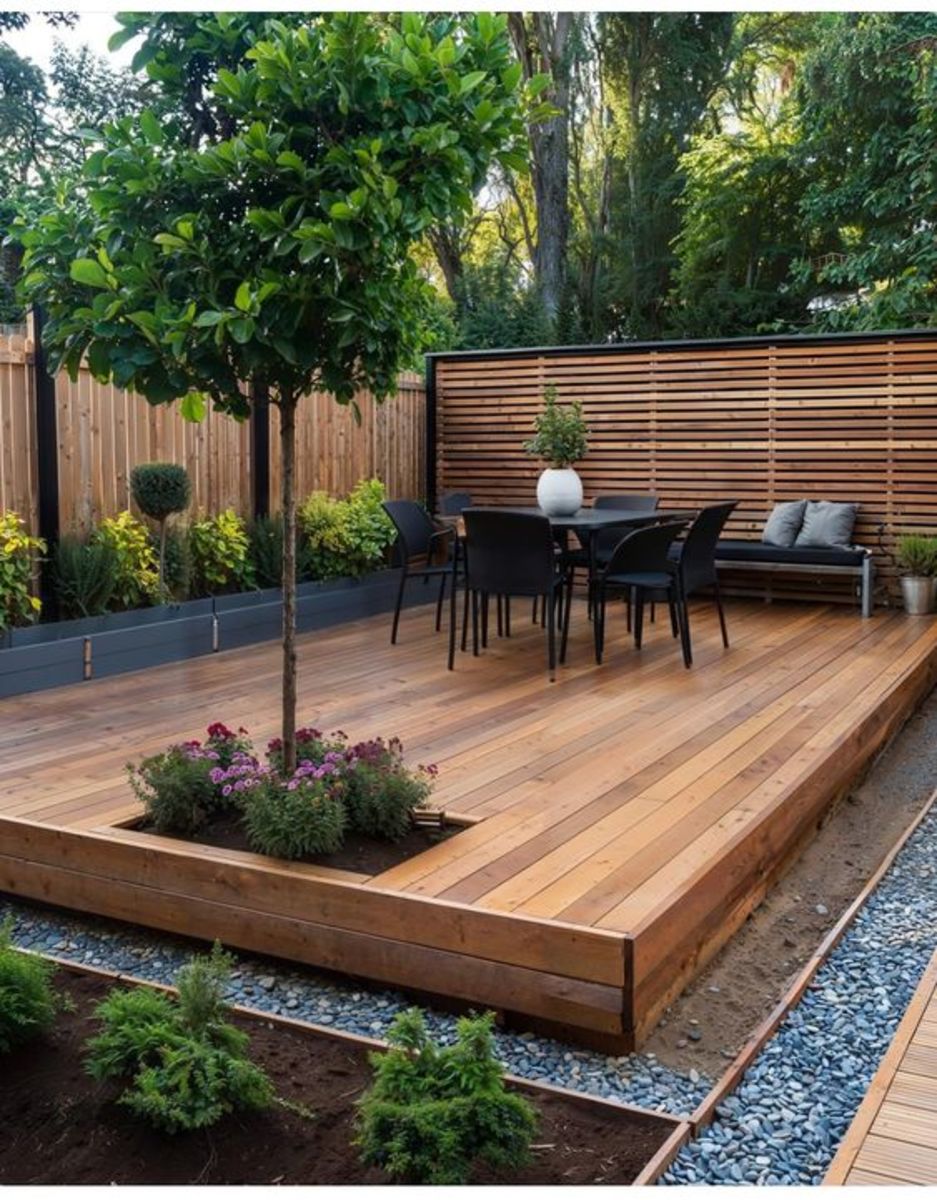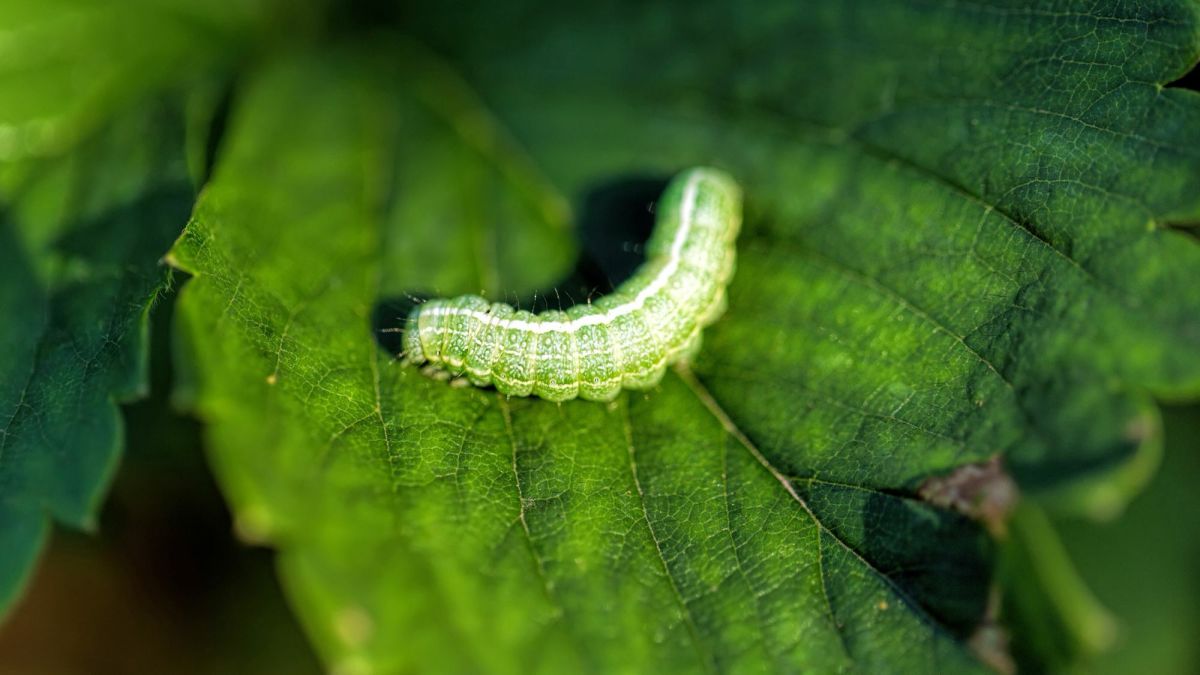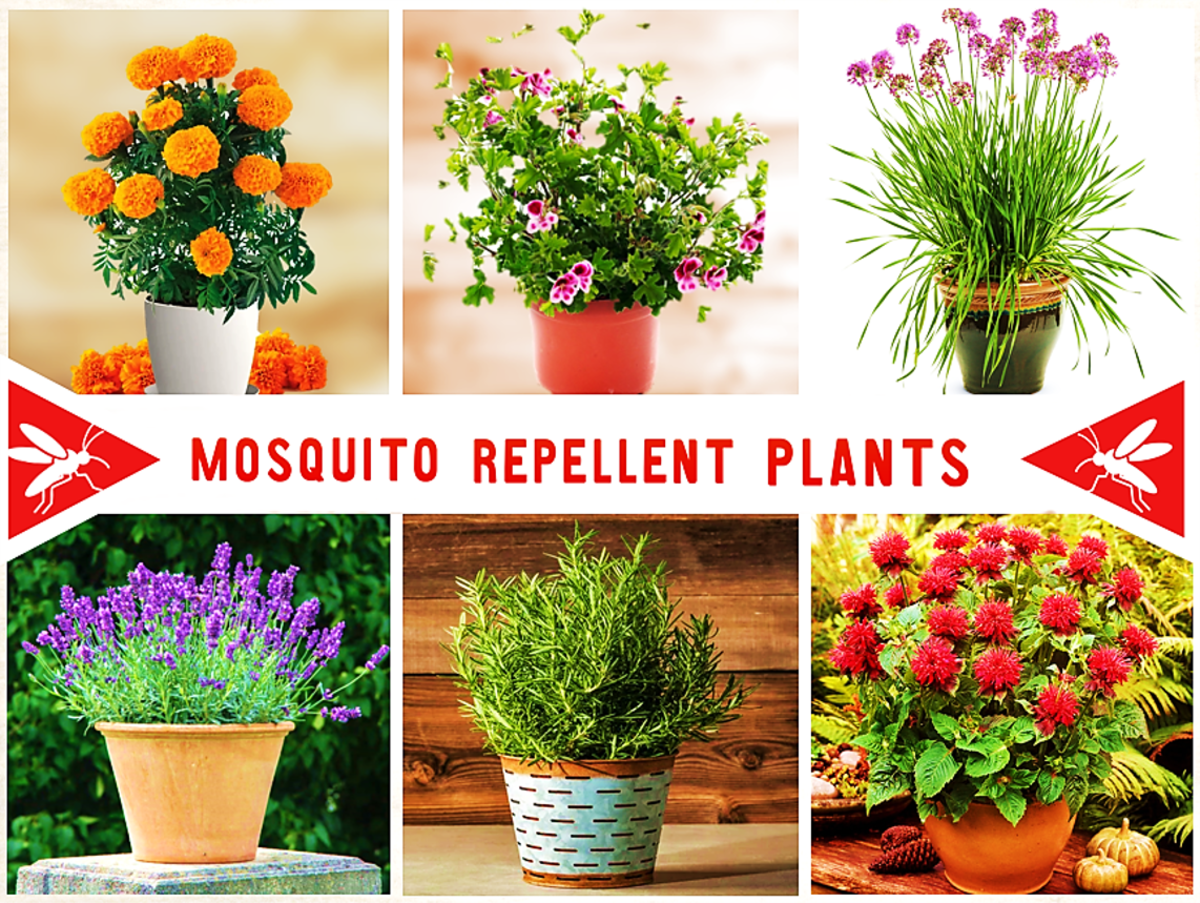Ways to Save Water
Reducing the amount of water you use at home has dual benefits. Not only is it better for the environment, but it can also save you money. The easiest and cheapest way to conserve water starts with changing your behaviour. In this article we will explore ways to become an efficient water user by changing habits, appliances and more.
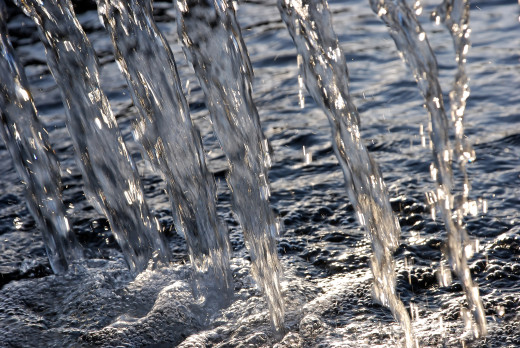
Water conservation made easy
- Use less water
- Make the most of the water you do use
- Repair leaks
- Replace water wasters
The Kitchen
Turn off that tap
It all boils down to this - don’t turn the tap on unless you are filling something up.
- If you are rinsing fruit and vegetables, put the plug in the sink or use a container to wash the worst of the dirt away.
- With most of the newer dishwashers you don’t need to rinse all your dishes first. Just scrape off what you can and let the dishwasher deal with the rest.
- Keep some water in the fridge so you don’t need to use icecubes or run the tap waiting for the water to get cold.
Fully Loaded
If you are using water, make sure you’re getting the most from it.
- Wait until you have a full load before running the dishwasher and use the most efficient cycle.
- If washing by hand, wait until you have lots to dishes and use detergent as sparingly as possible.
Catch Me if You Can
Don’t let perfectly good water slip away.
- Pop a container underneath the tap while you're waiting for the water to heat up then use it on your garden or houseplants.
- Likewise with unfinished glasses of water. Rather than tipping them down the drain use it on your plants.
Hunt Down Leaks
Leaks are notorious and often hidden water wasters.
- Check your taps and plumbing to make sure you don’t have any leaks. If you have a water meter, get everyone in the house to stop using water then take a reading straight away. After an hour (overnight is better) with no water being used, take another reading. If there has been a change then either someone’s had a sneaky glass of water or you’ve got a leak. See if you can find any damp spots on walls, floors or the roof or green or muddy patches in the yard. These can be indicators about where you might find the leak.
Energy Stars
Researching your appliances before purchasing makes sense for your wallet in the short and long term if you choose energy and water efficient options.
- Many countries have a rating scheme for appliances. If yours doesn't, it just means you'll have to do some additional research yourself.
Go Old School
If you don’t need to use an appliance you could always do what they did in the olden days..
- Wash by hand instead of using a dishwasher.
- Compost instead of using a garbage disposer.
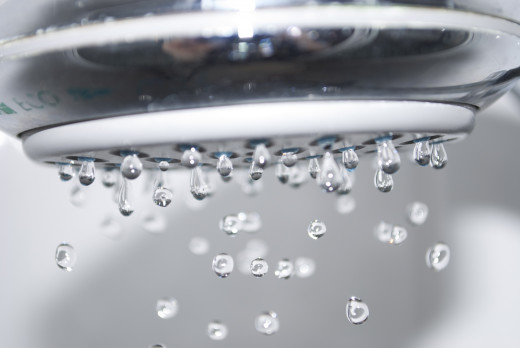
What's your preferred way of getting clean?
The Bathroom
Don't Leave the Tap Running
Leaving the tap to run is like pouring money down the drain.
- When you shave or brush your teeth, turn the tap off. Use a plug in the sink for most of your shaving and a glass to rinse with when brushing your teeth.
Wash Smart
Showering instead of bathing can save 80 - 160 litres of water at a time.
- Have shorter showers or share them.
- Don’t wash your hair everyday. This will save you time, dollars and you won’t be stripping the oil from your hair.
- Don't turn the shower on then wander off.
- Catch the water while you wait for the shower to heat up.
- Use cold water for most of your hand washing.
Low Flow
Take the thinking out of the equation by installing water efficient fittings in the shower, bath and sink.
- Swap your showerhead for a water conserving one.
- Install aerators or flow regulators.
- Ask your plumber for other suggestions that suit your home.
The Toilet
Sitting Pretty
Adjusting the amount of water you flush away can make a huge difference to how much water you save. Particularly when a three-person household uses around 25% of its water in the loo.
- Dual flush toilets are great options to adjust the volume of the flush.
- For older single flush toilets, cistern displacement devices, dual flush adaptors and flush saver devices can reduce the water wastage.
- You could pop a plastic soft drink bottle filled with water into the cistern to decrease the amount of water available for a flush. You may need to try different sized bottles until you get the flush the way you want it.
- There are also composting toilets available for the truly committed!
- Ask your local council or plumbing store for other options or further information about these ideas.
The Laundry
No Half Measures
Keep an eye on the size and type of load you have to wash.
- Make use of your machine's cycles to lower the water level and number of rinses where possible.
- Buy an efficient washing machine.
- You can use the greywater from the rinse cycle in the garden but you will need to have a system that lets you do this safely.
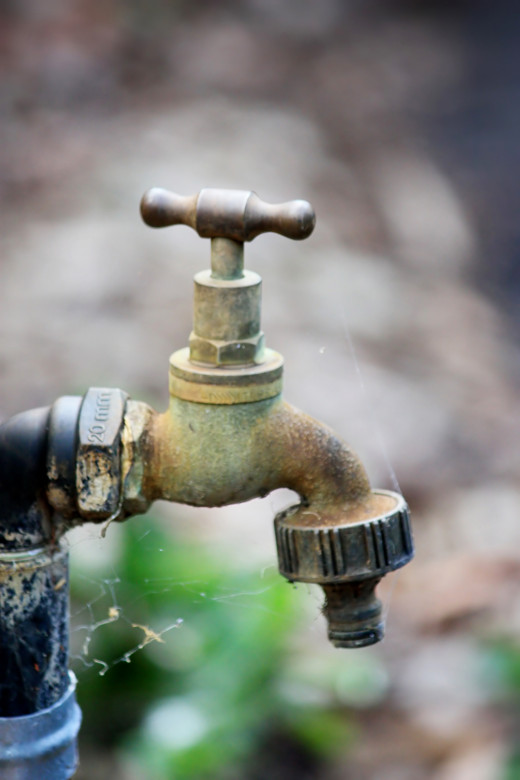
The Yard
What's the Weather Like
Choose when you use water outside.
- Water your garden in the cooler part of the day to minimise evaporation. Avoid windy weather for the same reason.
- Don't water too frequently. Depending where you are and what's growing in your garden, a weekly soak of the roots may be preferable.
Take Aim
Where you water is important.
- Aim your efforts on the ground not the leaves or flowers to also reduce evaporation and damage to your plants.
- Check where your sprinkler is spraying. There's no point giving your driveway a drink. Watering cans or hoses with adjustable sprayers are better.
- Don't overwater your garden. Use a timer if you need to. Also adjust the amount of watering to the type of plant and stage of growth.
The Part Plants Play
Your garden plays a role in minimising water consumption.
- Landscape with native plants. They're better acclimatised to local weather and soil conditions.
- Use mulch to reduce evaporation.
- Create shade and provide windbreaks to also help lessen evaporation.
Outdoor Activities
You can do other things to be more efficient with your use of water outdoors.
- Use a broom instead of a hose to clean driveways.
- Clean the car with the help of a bucket, not the hose.
- Cover up pools and spas so the water isn't vaporised.
Free Water
It just falls from the sky.
- Installing a rain barrel provides you with another source of water for the garden and reduces the volume of runoff going into the storm water system. You may also be able to use the water from your rainwater tank in the house but this is dependent on many things. Check with your local council about what is permitted.
It's Easy to Start Saving Water
Those are a few ideas to help you get started with your water conservation efforts at home.
I'd love to hear any ways you're saving water in your home and any lessons learned.

